A SENSE OF SWAHILI
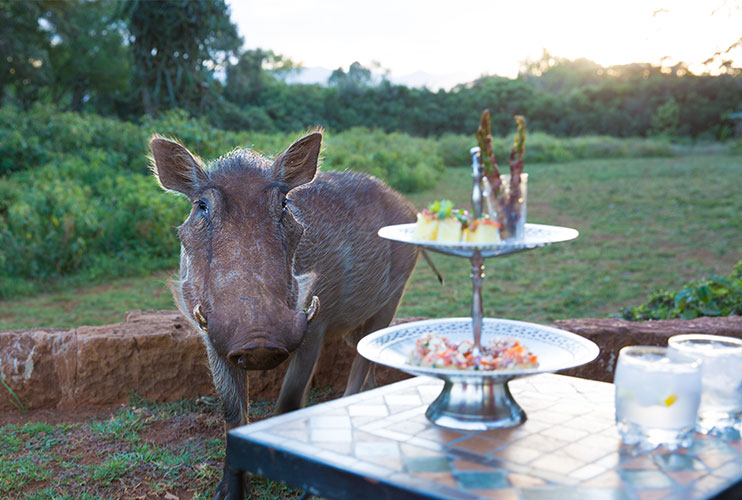
Pumbaa being a rascal at Giraffe Manor
It means no worries, for the rest of your days
It’s our problem-free, philosophy, Hakuna Matata.
Ever watched The Lion King? Then you probably already know some Swahili. The 1994 Disney movie popularised the Swahili phrase ‘hakuna matata’, which you’ll know from the song means no worries, or more literally ‘without trouble’. You might also recognise simba, which unsurprisingly means lion, rafiki meaning friend and pumbaa, meaning a silly or careless person (sorry Pumbaa). But there’s much more to this fascinating language than appears in The Lion King.
Swahili is many languages in one.
Known as the trade language of the East African Coast, Swahili is primarily a mix of Bantu (African) languages and Arabic, with a sizable Persian influence. However, there are lots of other influences including English, Portuguese, German and many more. Swahili has long been a cosmopolitan language, littered with the stamp of cultures all over the world that once traded along the East African coast and left their mark on the language.
The word ‘Swahili’ comes from the Arabic word sawahili meaning ‘of the coast’. When given the prefix ‘ki’, meaning language, it becomes Kiswahili or language of the coast.
By 1700, Swahili was a well-established language along the East African coast and by the early nineteenth century was spreading inland along trade routes. Today, Swahili is spoken throughout Kenya and Tanzania, as well as Uganda, the Democratic Republic of Congo and to a lesser extent in various other African countries.
There are over 100 million Swahili speakers worldwide.
Swahili is Africa’s most internationally recognised language. For every native Swahili speaker, there are around 100 non-native speakers. Its global broadcasting presence is impressively large and it even has its own BBC radio channel.
Swahili is one of the easiest African languages to learn.
How you see it, is how you say it. All you need to know is that the emphasis goes on the penultimate syllable and letters are pronounced phonetically. Therefore, the letter ‘e’ is pronounced as ‘eh’, the letter ‘i’ like in ink, the letter ‘a’ like in ant and so on. Start with a greeting or two – Kenyans are extremely friendly and welcoming people.
Habari? – how are you?
Nzuri – good (response to habari)
Goodbye – kwaheri
See you later – tutaonana
Goodnight – usiku mwema
Sleep well – lala salama
Swahili is a language rich with proverbs and idioms. They are woven into music and decorate the vibrant cotton kangas (rectangular swathes of cloth) you see adorning women up and down the coast. The sayings are full of wisdom, advice, riddles and metaphors, making the kanga a form of communication as well as an iconic clothing item. They can be quite challenging to decipher. See if you can work out the meaning of these proverbs:
Chura hana nyoya – a frog has no feathers.
(Don’t be too demanding).
Haba na haba hujaza kibaba – Little by little fills up the jar.
(A great journey begins with small steps).
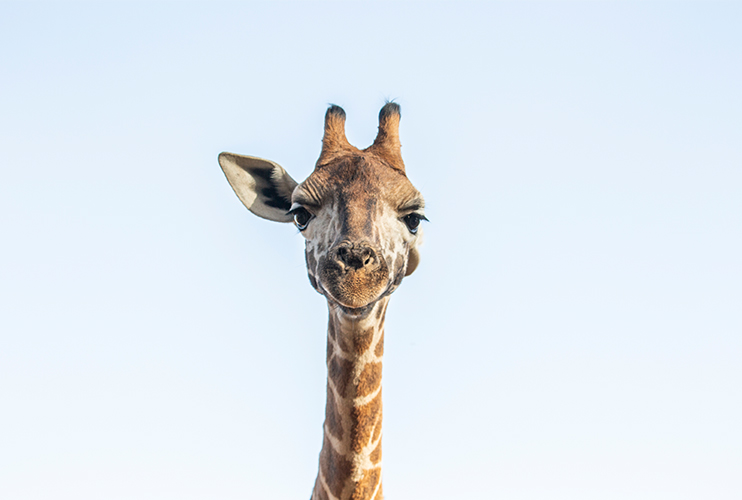
Kichwa cha twiga
Here’s a little Swahili tongue twister we’re going to leave you with. Try repeating it as fast as you can:
Kichwa cha twiga. It means giraffe’s head!
If you’re planning an African adventure with The Safari Collection, we hope we’ve inspired you to learn a few simple Swahili phrases before your safari. A little can go a long way.
Kwaheri!
RELATED NEWS

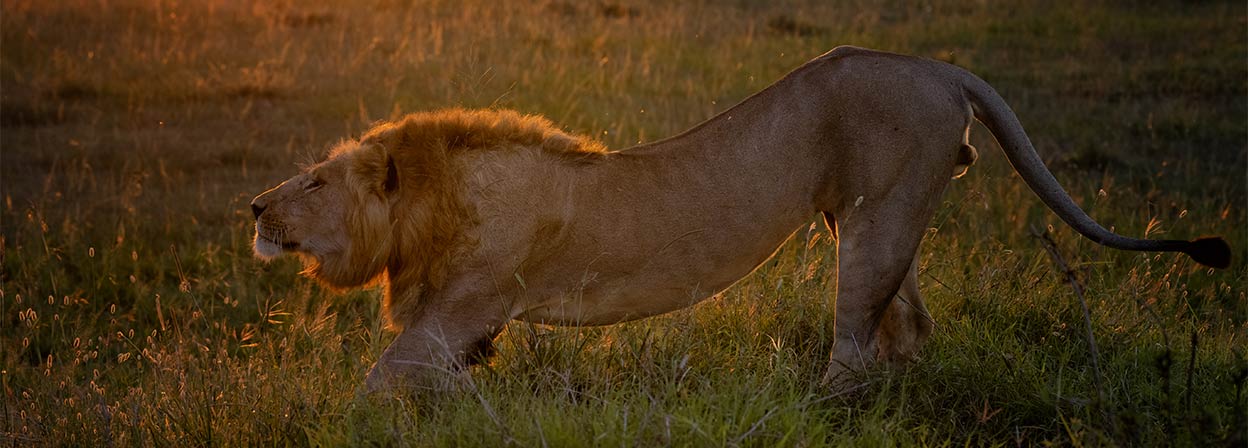

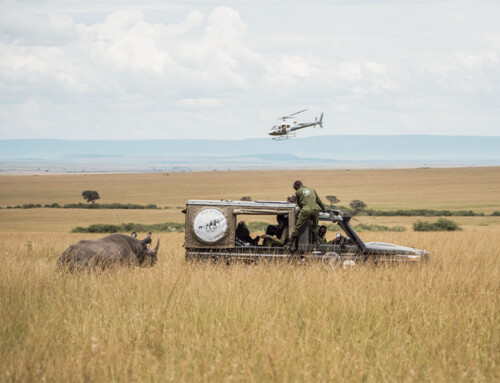
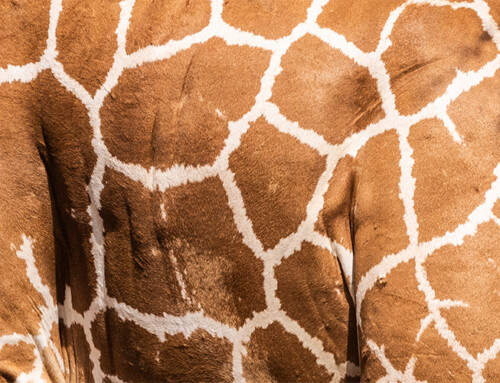
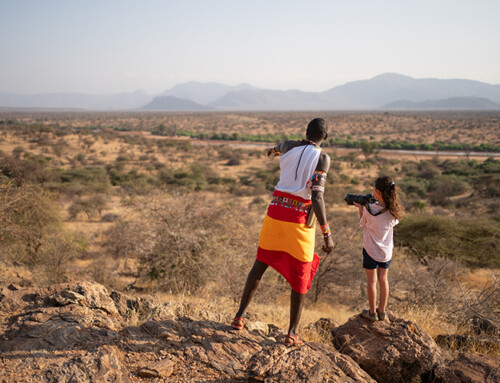
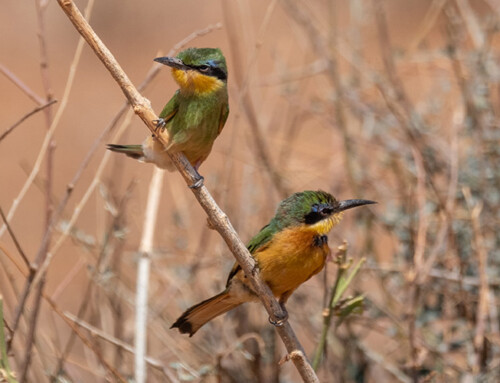


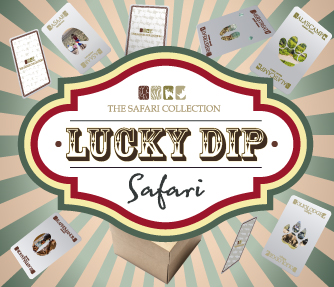






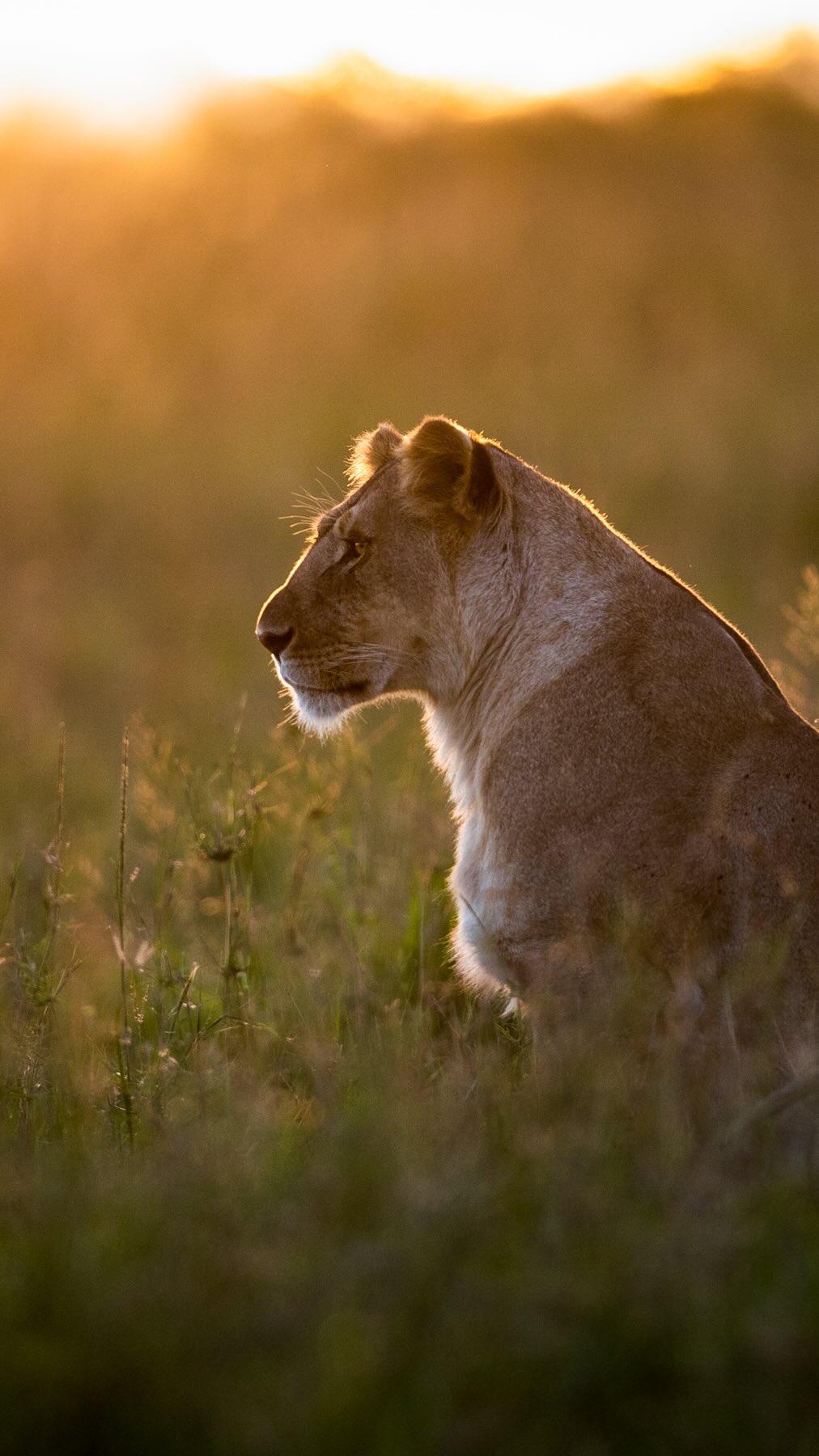
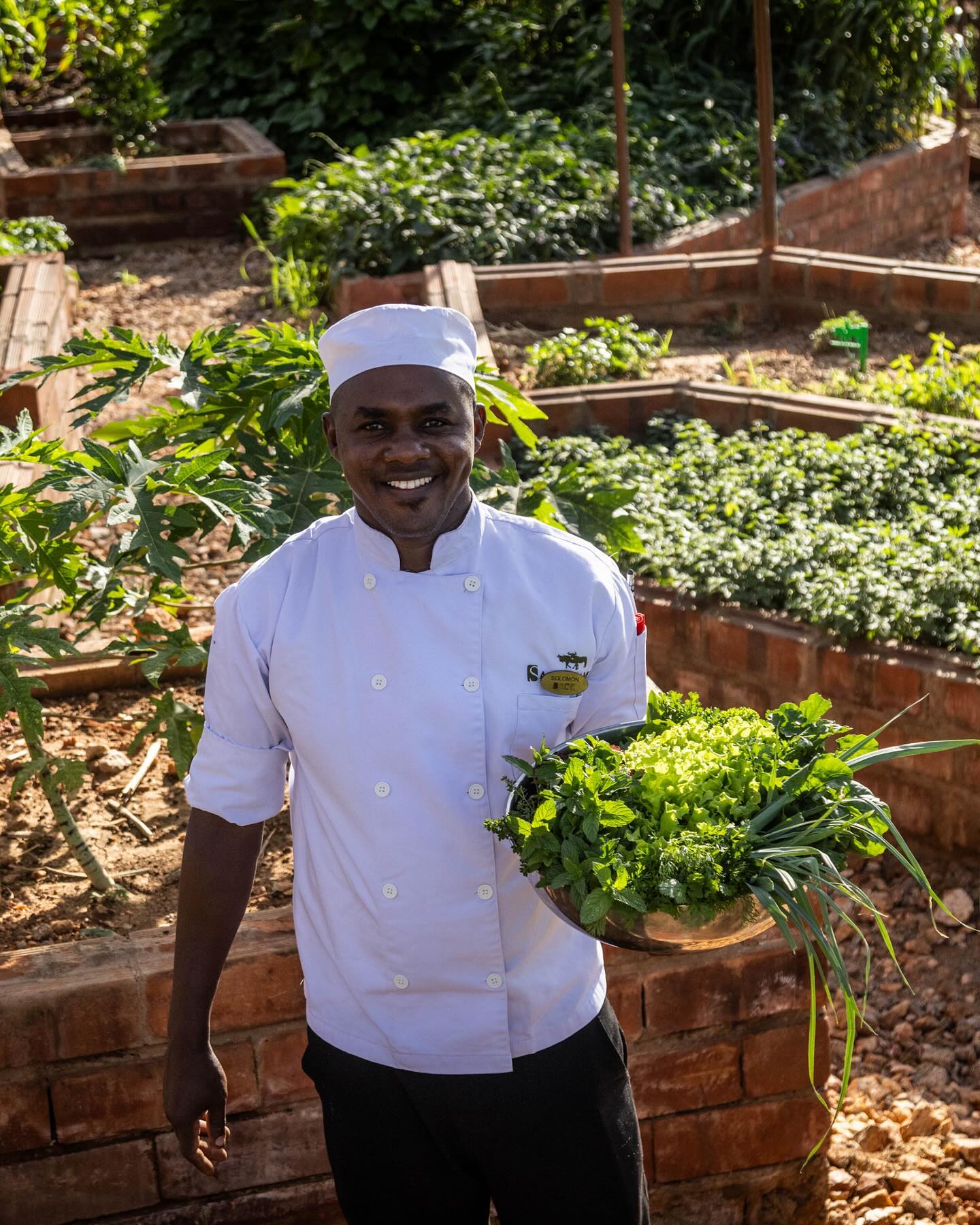
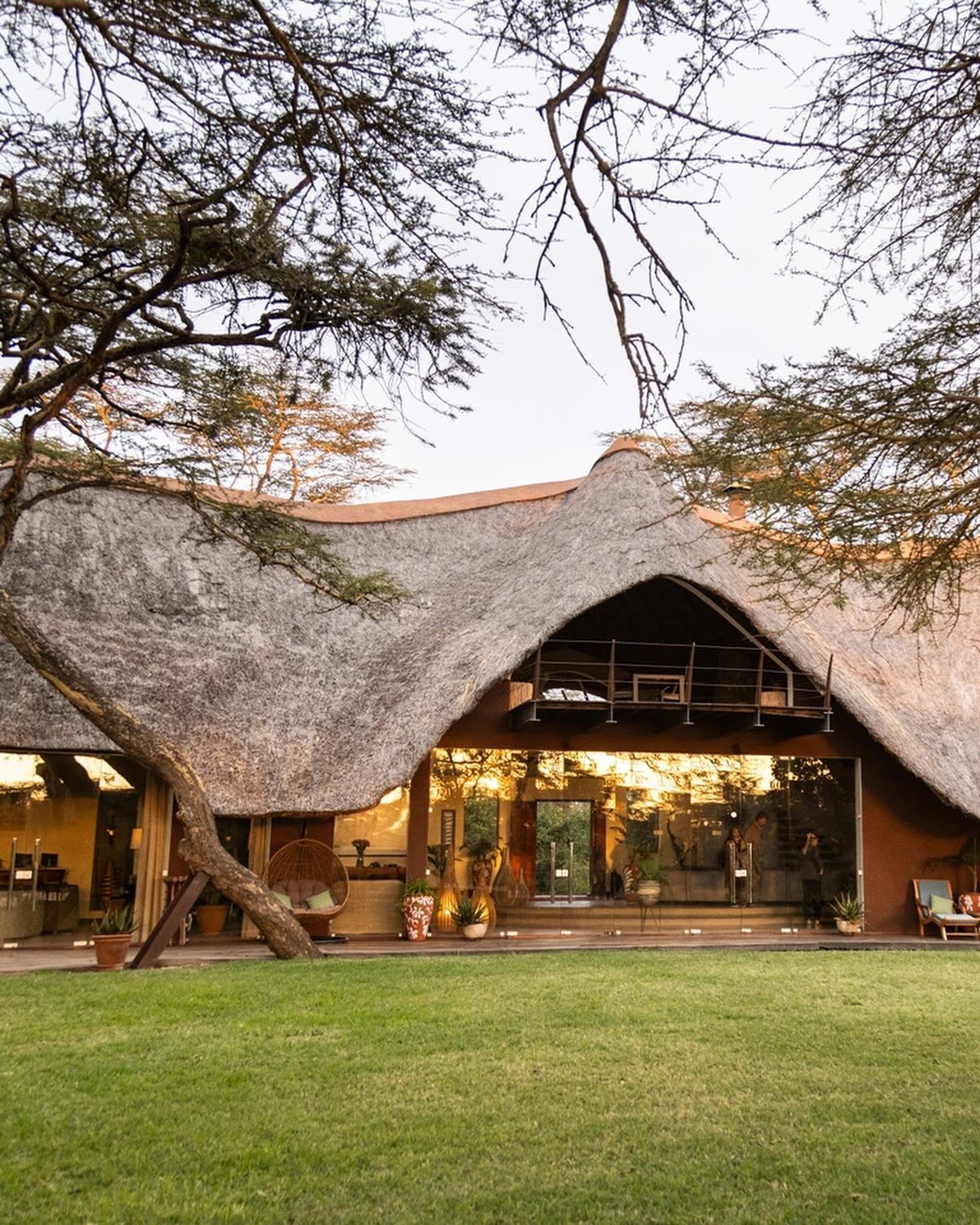
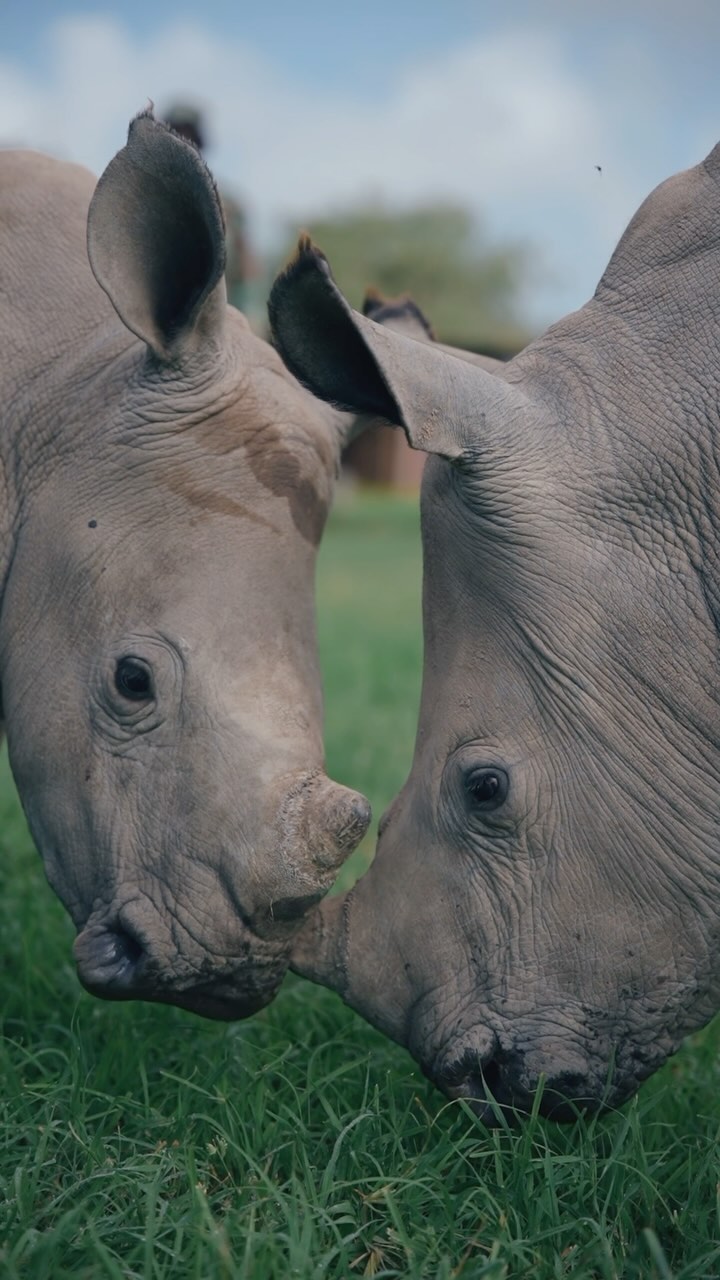
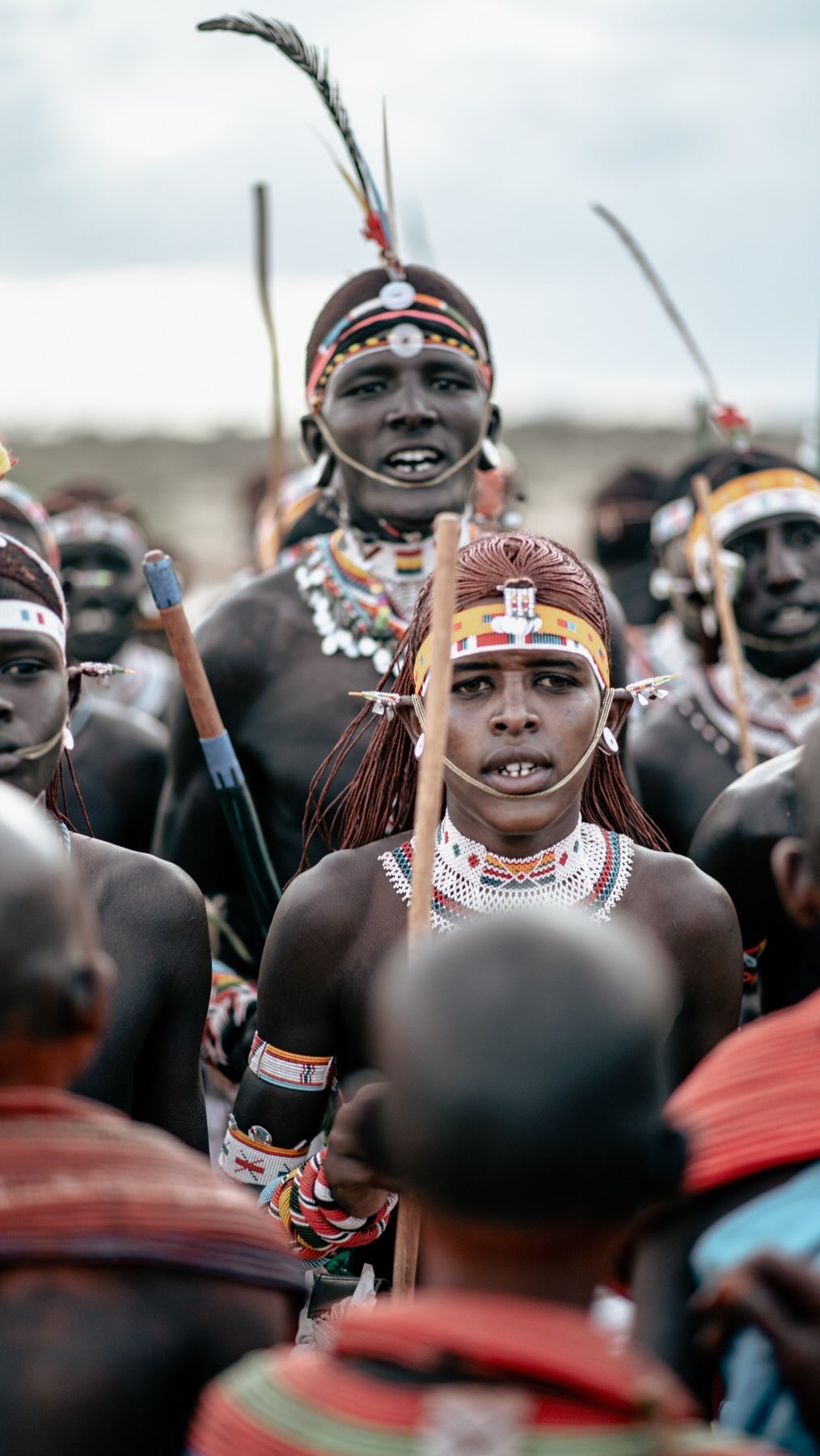
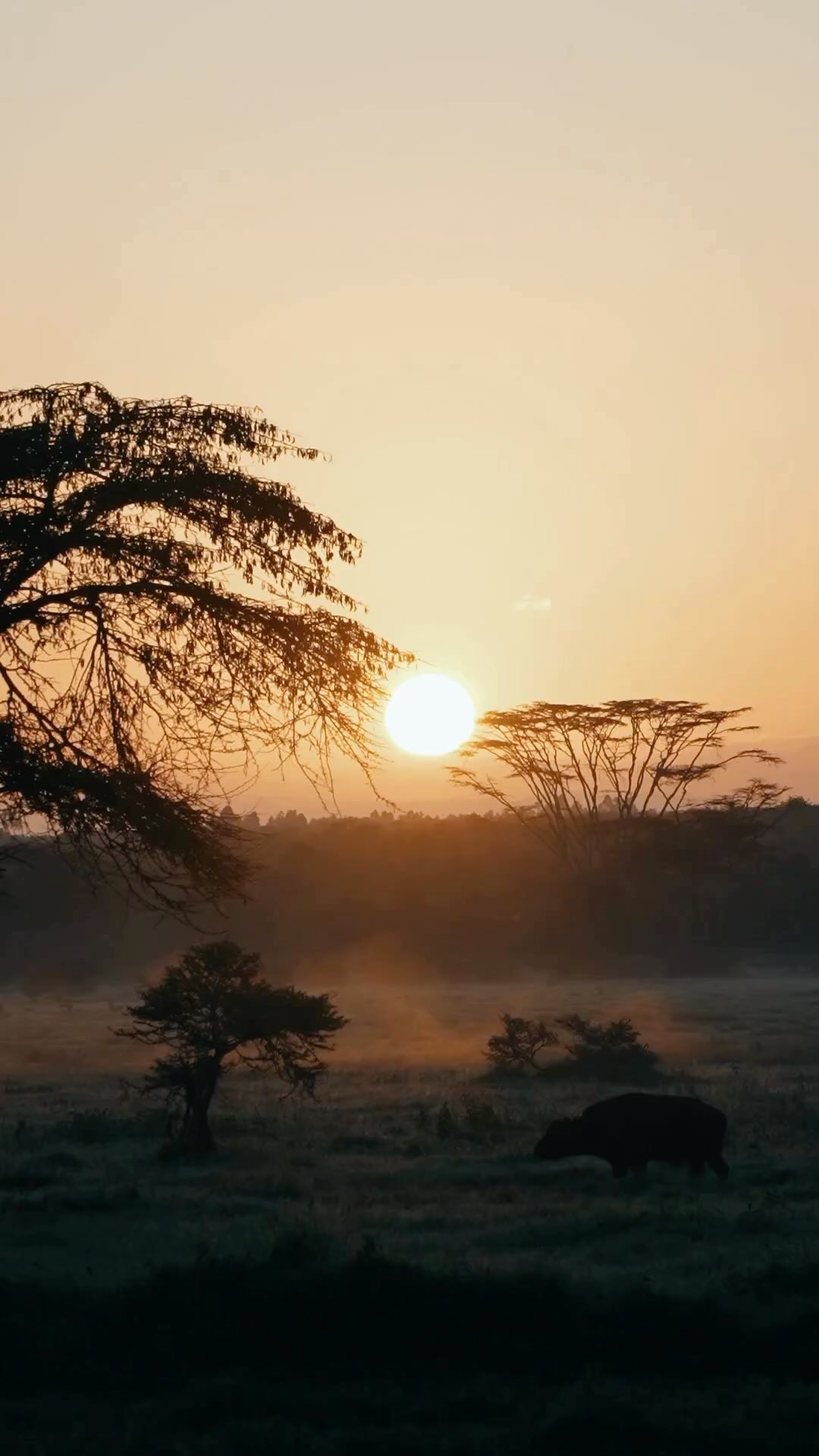
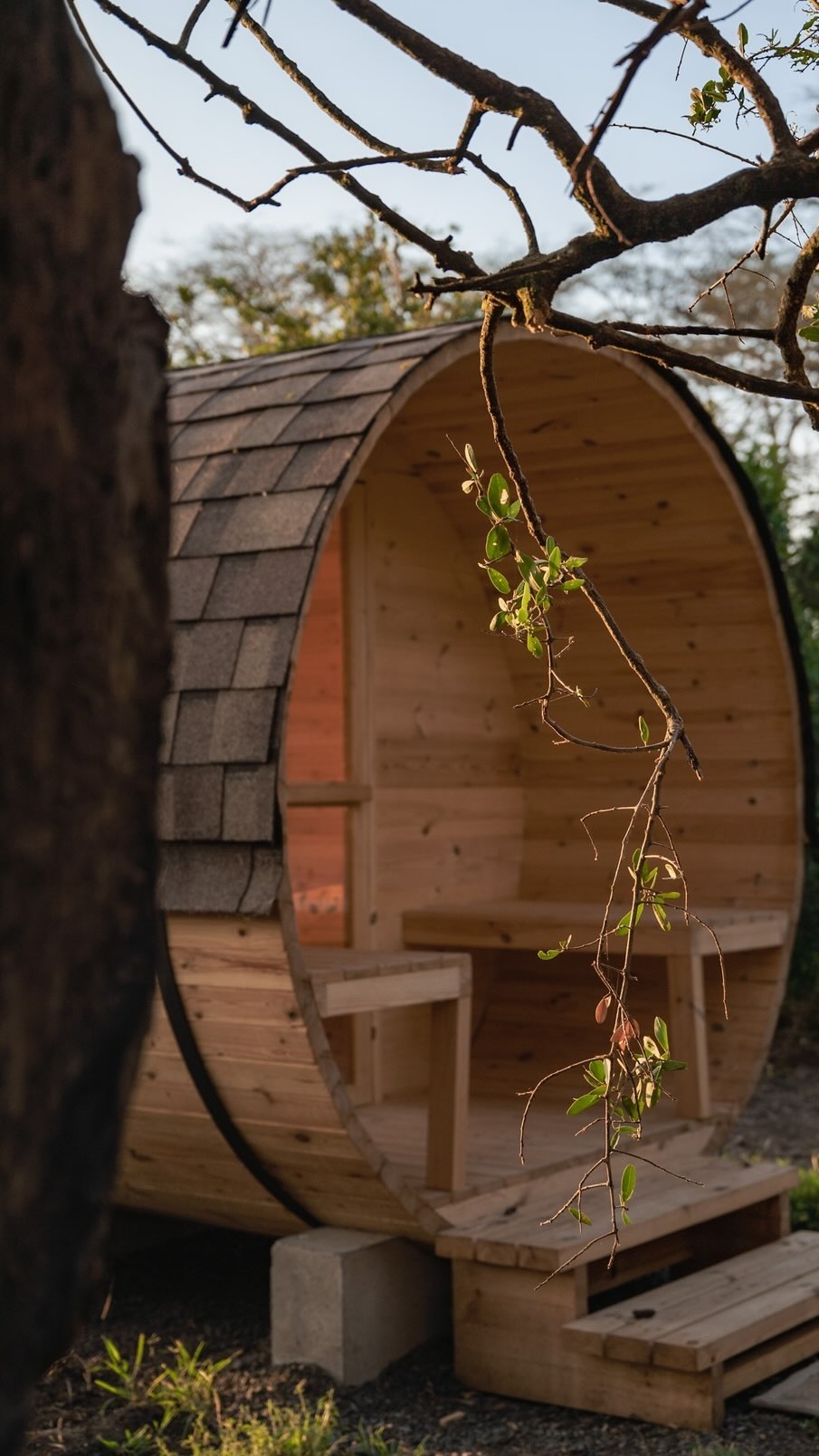

CONNECT & FOLLOW